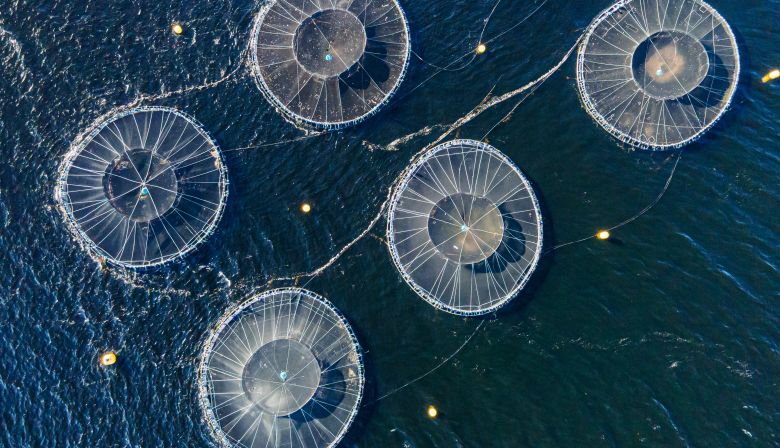
Subscribe & stay up-to-date with ASF


On October 25th, Bernard Davis, Newfoundland and Labrador’s Minister of Environment and Climate Change, notified the public that Mowi would be required to complete a full environmental impact statement for its proposed Atlantic salmon aquaculture expansion in southern Newfoundland.
Mowi, one of the world’s largest aquaculture companies, wants to increase its hatchery production in Newfoundland by 2.2 million smolt and add up to 16 new sea cage arrays along the south coast of the island, including in areas where the industry is not currently operating.
An environmental impact statement (EIS) is the most rigorous form of environmental assessment provided for in Newfoundland’s Environmental Protection Act. The minister’s decision ends a saga that began more than five years ago and included multiple attempts by the government to exempt the company from completing an EIS. See the project timeline here.
“ASF and our partners have worked hard to set the precedent that projects like Mowi’s expansion require the highest level of environmental scrutiny. It’s the only reasonable decision,” said ASF President Bill Taylor. “The minister cannot ignore public concern, or the fact that sea-cage salmon farms have long-lasting, serious consequences for wild fish and the environment.”
Leading up to this week’s decision, Minister Davis received more than 200-letters of concern and submissions from groups and individuals. During the upcoming EIS process, Mowi must hold public hearings about the project, gather data about wild salmon in the area, and outline how they will prevent farmed salmon escapes and other environmental damages.
The area off Newfoundland’s south coast where Mowi and other companies are trying to expand is a hotspot for biodiversity and one of the most productive marine ecosystems in the entire Atlantic region according to the government of Canada.
“Sea cages today are basically the same as they were forty years ago, hanging nets suspended in the ocean,” said Andrew Clarke, ASF’s director of conservation campaigns. “As long as the industry relies on this technology, wild fish, traditional commercial fisheries, and people who are connected to both will pay a steep price.”
For more information contact:
Kristen Noel, ASF Communications
Knoel@asf.ca
1-902-499-1801